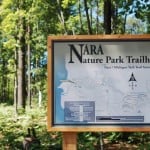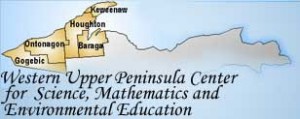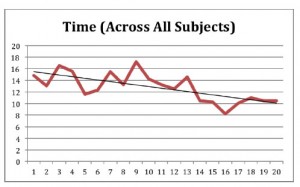 Children entering grades 1 through 6 can participate in two 3-day science camps sponsored by Michigan Tech’s Western UP Center for Science, Mathematics and Environmental Education. Session one is scheduled for June 18 to 20. Session two will run from June 25 to 27.
Children entering grades 1 through 6 can participate in two 3-day science camps sponsored by Michigan Tech’s Western UP Center for Science, Mathematics and Environmental Education. Session one is scheduled for June 18 to 20. Session two will run from June 25 to 27.
For more information and registration form, see online.
Read more at Tech Today.



